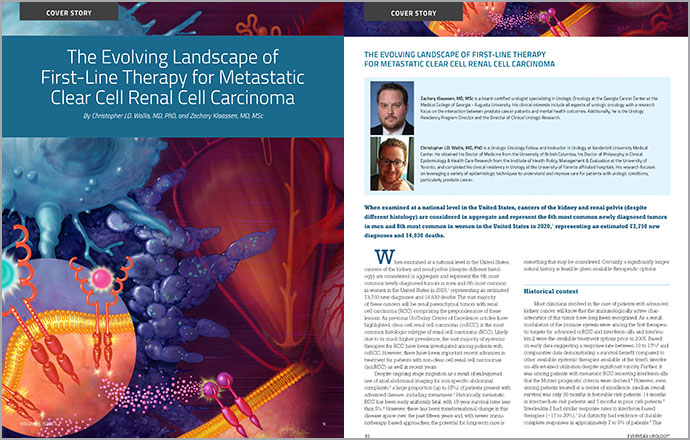Post-Operative Radiotherapy in Prostate Cancer – The State of the Data
- Published in Everyday Urology - Oncology Insights: Volume 5, Issue 4

Contemporary treatment options for patients with clinically localized prostate cancer include radical prostatectomy, radiotherapy, and active surveillance. Surgery can be curative for approximately two-thirds of patients choosing radical prostatectomy.1 However, men with adverse pathologic findings at the time of radical prostatectomy, such as the presence of positive surgical margins, extraprostatic extension, or seminal vesicle invasion,2,3 experience up to a 60% risk of recurrence at 10 years and may require subsequent radiation therapy.2





















